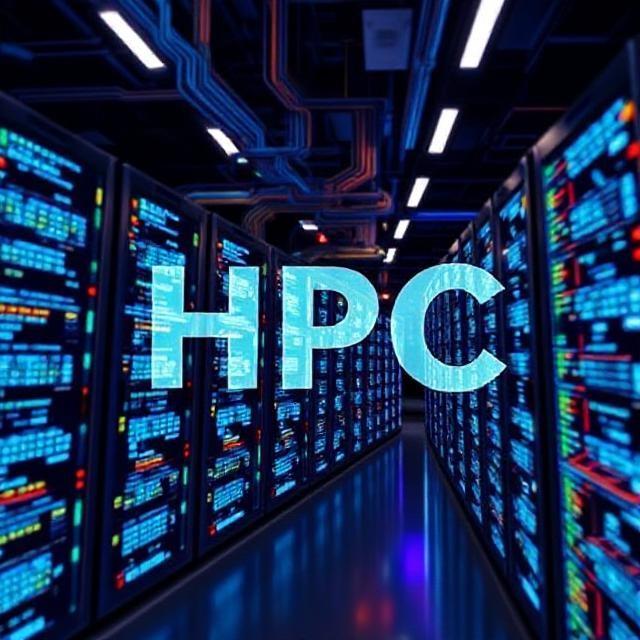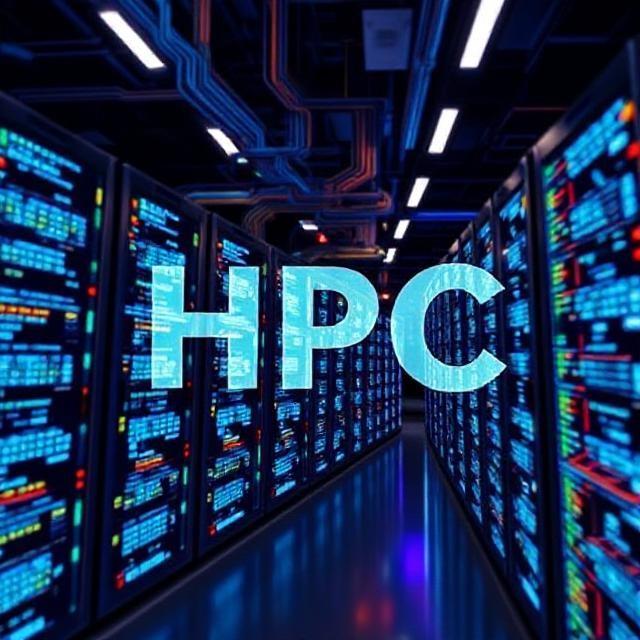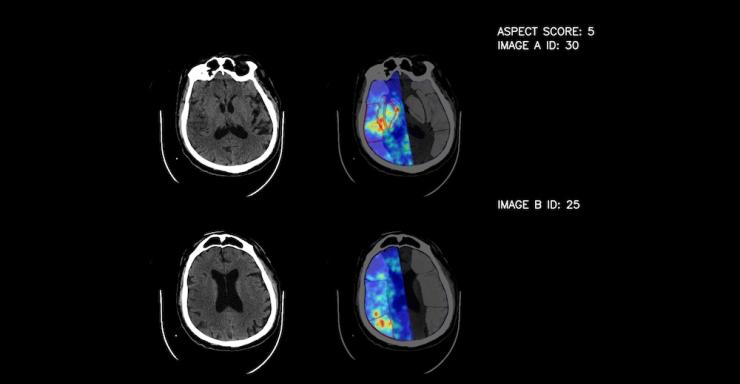To train artificial intelligence, a supercomputer, or HPC (High-Performance Computing), is essential. To create digital twins, 3D simulations, and work with big data – knowledge of supercomputers is invaluable. This four-week online course "HPC Basics" is designed for anyone looking to expand their knowledge and understand the role of supercomputers in business development, new product creation, and research.

“Speaking to students, entrepreneurs, and those working in the public and municipal sectors, we see that there is still quite a weak understanding in Latvia of what supercomputers, or HPC (High-Performance Computing), are and how they can enhance competitiveness. The "HPC Basics" course is designed for anyone interested, with no prior IT knowledge required, available online as a MOOC (Massive Open Online Course), for free, and in Latvian,”
says Ilmārs Slaidiņš, Head of Latvia's HPC Competence Center "SuperS" and the EuroCC 2 project.
The goal of the "HPC Basics" course is to help understand HPC or supercomputers, examining their role in modern science and engineering, their similarities with desktop or portable computers, their structure and architecture, terminology used in the HPC context, the history of computer and supercomputer development, principles of parallel computing, and learning from the experiences of using supercomputers in Latvia and Europe. The "HPC Basics" course is part of the EuroCC 2 project. The course is based on ideas presented in similar open-access MOOC courses in English, created in Finland and within the PRACE project in the UK.
Upon successfully completing the course, participants will not be able to work directly with supercomputers, but the acquired knowledge will help them better understand where supercomputers might be useful and how they function.
The course is planned to take 12 hours over four weeks, which means students need to dedicate about three hours per week for studying. There are no in-person classes in distance learning, so students must learn independently but can receive remote assistance from a consultant or others taking the same course. The course includes self-assessment tests, and at the end of each week, participants must pass a quiz with at least 70% correct answers. After completing the tests for all four weeks, registered participants can receive a certificate.
The "HPC Basics" course is available at https://hpc-pamati.learning.lv/. Latvian universities and higher education institutions are encouraged to integrate this course into their study programs as supplementary material, especially for IT-related fields of study.
Reminder: Since 2018, Latvia, along with 33 European countries, has been involved in the EuroHPC joint undertaking. In these countries, and in Latvia, the EuroCC project (2021–2022) and EuroCC 2 project (2023–2025) were launched. The "HPC Basics" course in Latvia was developed by the leading experts of the EuroCC project Ilmārs Slaidiņš, Sabīne Upnere, and Viktors Zagorskis (Riga Technical University). In Latvia, the EuroCC 2 project is being implemented by the RTU HPC Center and the University of Latvia’s Institute of Computational Modelling.
For additional questions: info@eurocc-latvia.lv.


